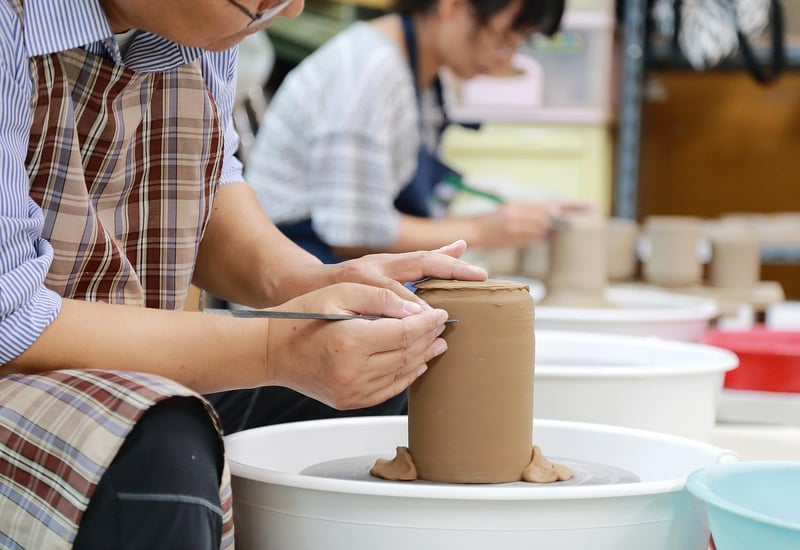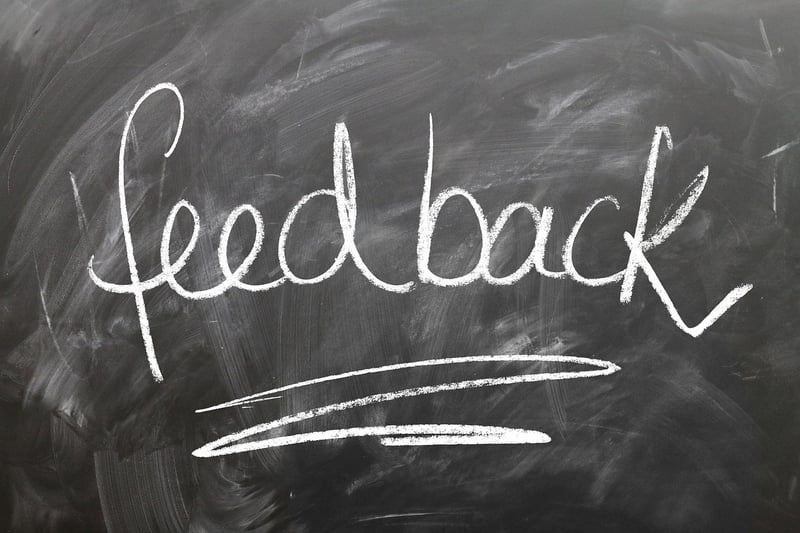Effective Communication
The Art of Developing Professional Relationships Through Effective Communication
Building strong professional relationships is a key component of success in any field. Effective communication plays a crucial role in fostering these relationships, whether with colleagues, clients, or partners. By mastering the art of communication, you can enhance collaboration, build trust, and achieve your career goals more effectively.
Active Listening
One of the foundational aspects of effective communication is active listening. When engaging in a conversation, make sure to focus on the speaker, maintain eye contact, and avoid distractions. Show genuine interest in what the other person is saying by nodding, asking clarifying questions, and providing feedback. Active listening demonstrates respect and helps establish a strong connection with the other party.
Clear and Concise Messaging
Communication is most effective when the message is clear, concise, and to the point. Avoid jargon and unnecessary details that can confuse the listener. Tailor your message to the recipient's level of understanding and communicate with confidence. Use simple language and structure your thoughts logically to ensure your message is easily comprehensible.
Empathy and Emotional Intelligence
Empathy is a powerful tool in communication that enables you to understand others' perspectives and respond with compassion. Developing emotional intelligence allows you to manage your emotions effectively and navigate challenging interactions with grace. By showing empathy and emotional intelligence, you can build rapport, resolve conflicts, and strengthen professional relationships.
Nonverbal Communication
Nonverbal cues, such as body language, facial expressions, and tone of voice, play a significant role in communication. Be mindful of your nonverbal signals to ensure they align with your spoken words. Maintain open body language, make eye contact, and modulate your voice to convey sincerity and confidence. Consistent nonverbal communication enhances the clarity and impact of your message.
Feedback and Continuous Improvement
Soliciting feedback from others and providing constructive feedback yourself are essential aspects of effective communication. Actively seek input on your communication style and be open to suggestions for improvement. Reflect on your interactions, learn from your experiences, and strive to enhance your communication skills continuously. Embrace feedback as a valuable tool for personal and professional growth.
Conclusion
Mastering the art of developing professional relationships through effective communication is a lifelong journey that requires dedication and practice. By honing your active listening skills, delivering clear messages, cultivating empathy, leveraging nonverbal cues, and embracing feedback, you can build strong connections, foster collaboration, and advance your career with confidence.

Remember, effective communication is not just about speaking; it's also about listening, understanding, and connecting on a deeper level. Invest time and effort in enhancing your communication skills, and watch how your professional relationships flourish as a result.
For more tips on communication and professional development, stay tuned for our upcoming articles!
